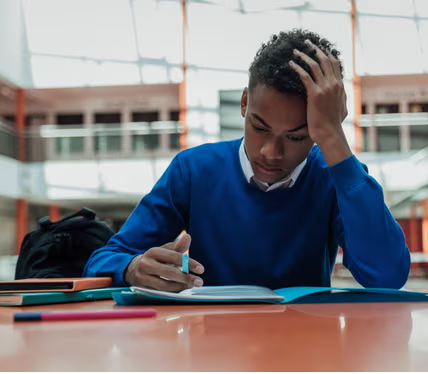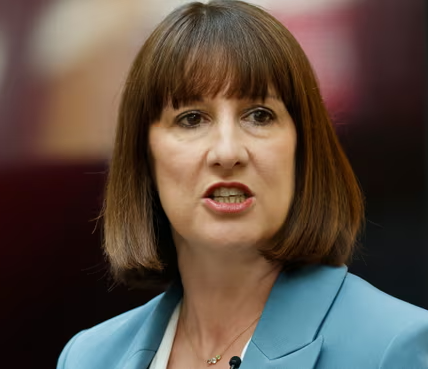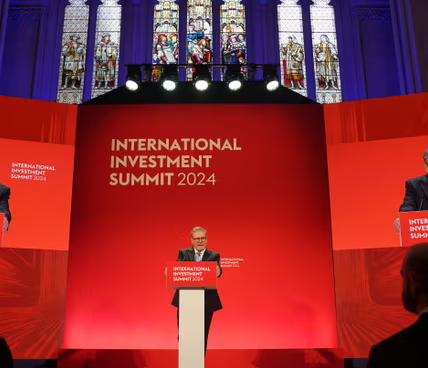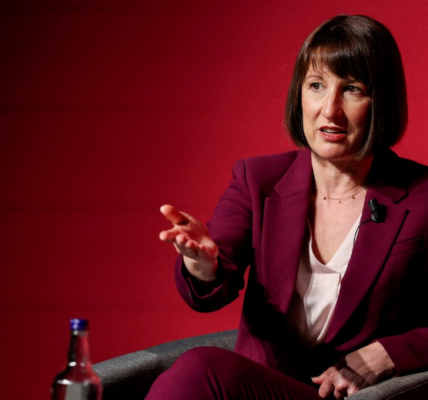The PM and foreign secretary David Lammy met the Republican candidate, but were not able to schedule a meeting with Kamala Harris
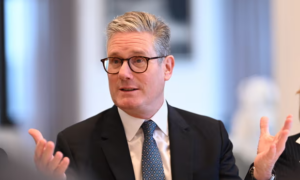
Keir Starmer, who has been attending the UN general assembly, said he was a ‘great believer in personal relations on the international stage’. Photograph: Leon Neal/PA
Keir Starmer has met Donald Trump for a two-hour dinner in New York, as he sought to establish a good relationship with the Republican presidential candidate.
The prime minister was accompanied by his foreign secretary David Lammy, who described Trump as a neo-Nazi sympathiser in 2018 but has since said he would work with him in office.
Starmer and Trump are understood to have discussed the longstanding friendship and partnership between the UK and US. Downing Street would not be drawn on further topics of conversation.
The prime minister, who is in New York to attend to the UN general assembly, did not manage to schedule a meeting with the Democratic hopeful, Kamala Harris, who is in Washington.
Prior to the meeting, Starmer told reporters: “I’ve said a number of times, I want to meet both candidates. We’ve now got the opportunity to meet Trump, which is good. Obviously, I still want to speak to Harris as well. But you know, the usual diary challenges, but it’s good that this one now has been fixed. It’ll be really to establish a relationship between the two of us.
“I’m a great believer in personal relations on the international stage. I think it really matters that you know who your counterpart is in any given country, and know them, you know, personally, get to know them face to face.”
Starmer’s meeting came just a few hours after the former US president gave a lengthy press conference warning there was an “mass invasion” and “sudden, suffocating inundation” of millions of illegal immigrants into the US caused by his rival, Harris, who earlier met the Ukrainian president, Volodymyr Zelenskyy, in the White House. At the meeting, Harris suggested Trump’s approach to Russia’s war amounted to surrender.
Trump said of Starmer: “I am going to see him in about an hour so I have to be nice. I actually think he is very nice. He ran a great race, he did very well. It’s very early but he is popular. It’s very early but I will send your regards.”
Asked about Nigel Farage, the Reform leader, Trump said: “I think Nigel is great, I’ve known him for a long time. He had a great election too, picked up a lot of seats, more seats than he was allowed to have actually. They acknowledged that he won but for some reason you have a strange system over there, you might win them but you don’t get them. Nigel is a fantastic person.”
Before the meeting, the prime minister gave a speech at the UN general assembly where he told world leaders that Britain will approach international relations with less “paternalism” than before while listening more and speaking less.
He also pleaded with Israel and Hezbollah to step back from the brink of a wider war “that no one can control”.
“I call on Israel and Hezbollah: stop the violence, step back from the brink. We need to see an immediate ceasefire to provide space for a diplomatic settlement and we are working with all partners to that end,” he said.
Starmer declined to say what he would discuss with Trump and whether support for Ukraine would be brought up, given the Republican candidate is sceptical about US financial support for Kyiv.
Pressed on whether a Trump presidency would leave the UK more isolated on the global stage, Starmer said the “special relationship” with the US “sits above whoever holds the particular office”.
“It is really important,” he said. “I think it’s probably as strong now as it’s ever been, in relation to the Middle East and Ukraine … The US people will decide who they want as their president, and we will work with whoever is president, as you would expect. I’m not going to speculate on what any particular issues may be the other side of the election.”
The meeting comes after Angela Eagle, a Home Office minister, risked undermining No 10’s diplomatic efforts with Trump by saying at a fringe event at the Labour party conference that his rhetoric had emboldened racists.
Eagle said Trump had helped to create “vitriol” against migrants through social media. She also said rightwing Tories had used language that had given a “yellow flashing light” to racists, using a “toxic discourse” as they fought off the challenge from Reform UK.
Asked about Eagle’s words on Tuesday, a Trump spokesperson reacted dismissively, saying: “Nobody knows who this random person is or cares what comes out of her mouth. Who is she and what does she do?”
Starmer did not back Eagle when asked on Tuesday whether her words were correct.
At his UN speech, Starmer called for permanent African representation on the UN security council after saying earlier in the week that Russia – one of five permanent members – should be ashamed to show itself in the building after its invasion of Ukraine.
Starmer also said there should be seats for Brazil, India, Japan and Germany as permanent members and more seats for elected members as well.
He also issued a warning about levels of conflict unprecedented in the history of the UN.
“In Gaza, Lebanon, Ukraine, Sudan, Myanmar, Yemen and beyond,” he said, “the vast majority of humanitarian need in the world today … is driven by conflict.”
The prime minister said that after 20 years of gains in tackling poverty, disease and ill-health, war is one of the major reasons that progress has now stalled, describing it as a “catastrophe made by human hands”.

